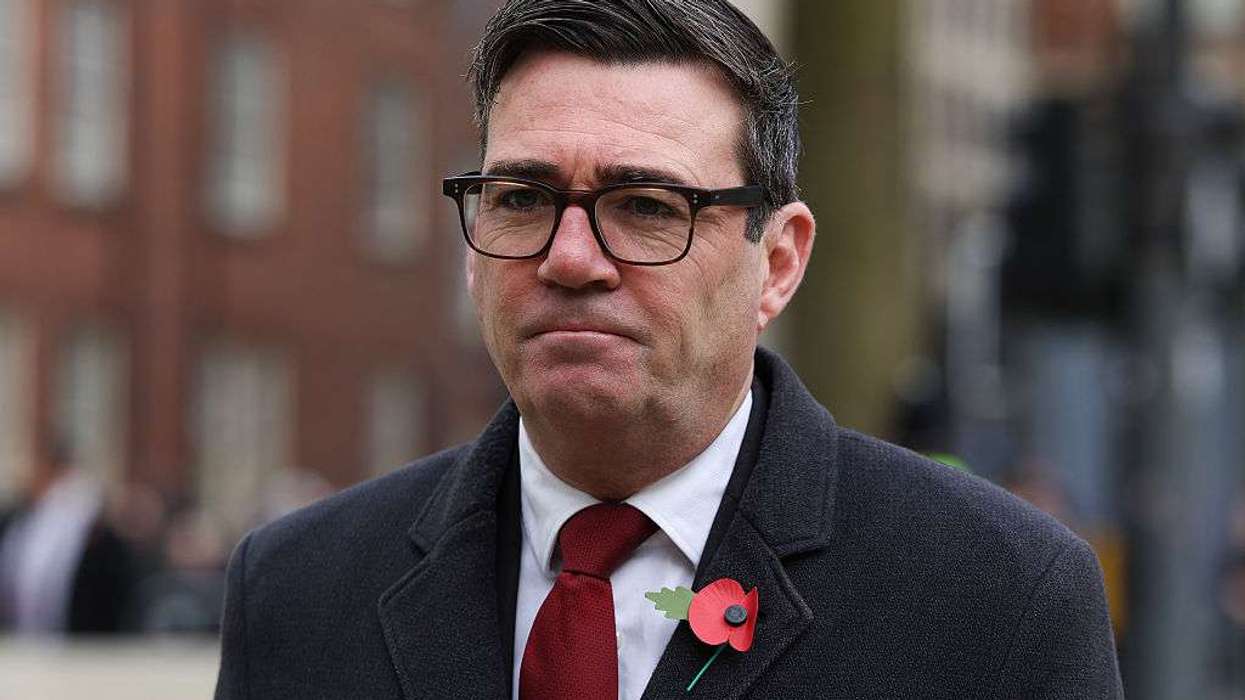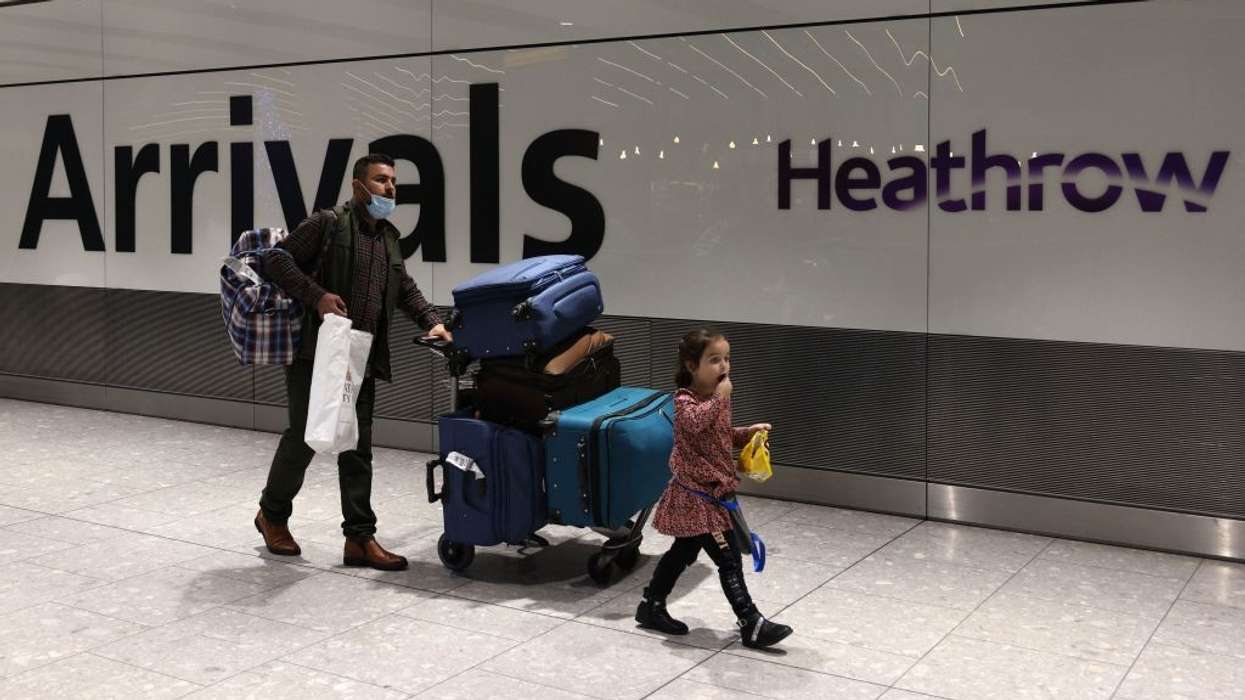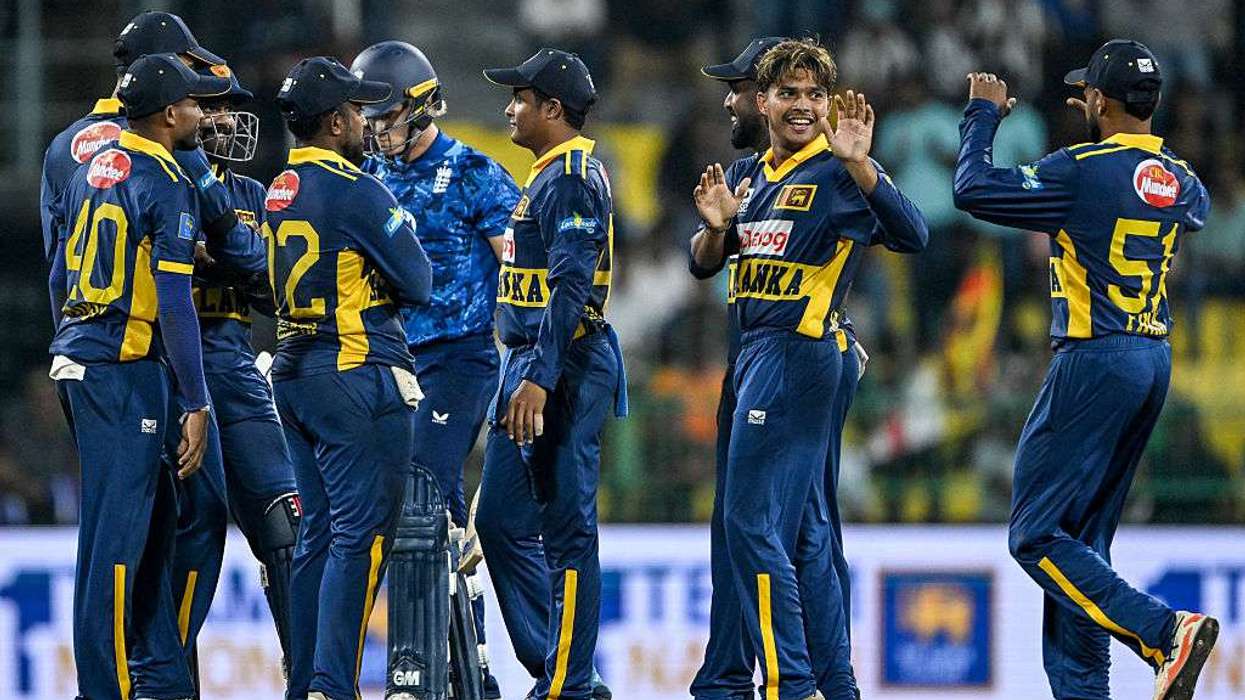INDIA and England will play their upcoming five-Test series in the UK for a new trophy named after Sachin Tendulkar and James Anderson.
According to a report by the BBC, the Tendulkar-Anderson Trophy will be unveiled ahead of the series, which begins at Headingley on June 20. The England and Wales Cricket Board (ECB) declined to comment, the report added.
Earlier, Test series between the two sides in England were played for the Pataudi Trophy, named after Iftikhar Ali Khan Pataudi and his son, Mansur Ali Khan Pataudi.
In March, the ECB informed the Pataudi family of its intention to retire the trophy.
Tendulkar is the highest run-scorer in Test history with 15,921 runs. The 52-year-old played 200 Tests between 1989 and 2013 and holds numerous records in both Tests and ODIs.
Anderson is England’s all-time leading wicket-taker and the most successful pace bowler in Test cricket with 704 wickets.
Since retiring from international cricket last summer, the 42-year-old Anderson has worked as England’s bowling consultant and currently plays county cricket for Lancashire, having signed a contract extension recently.
Tendulkar and Anderson played against each other in 14 Tests. Anderson dismissed Tendulkar nine times — the most by any bowler.
England are the current and final holders of the Pataudi Trophy, having retained it with a 2-2 draw in the series held across 2021 and 2022 due to the Covid-19 pandemic.
The move to rename the trophy follows a similar initiative by England and New Zealand, who last year introduced the Crowe-Thorpe Trophy, named after Martin Crowe and Graham Thorpe.
(With inputs from PTI)





